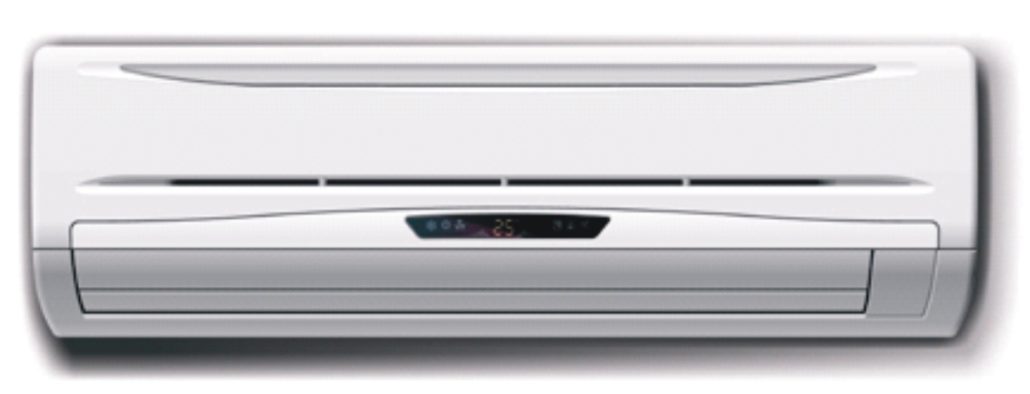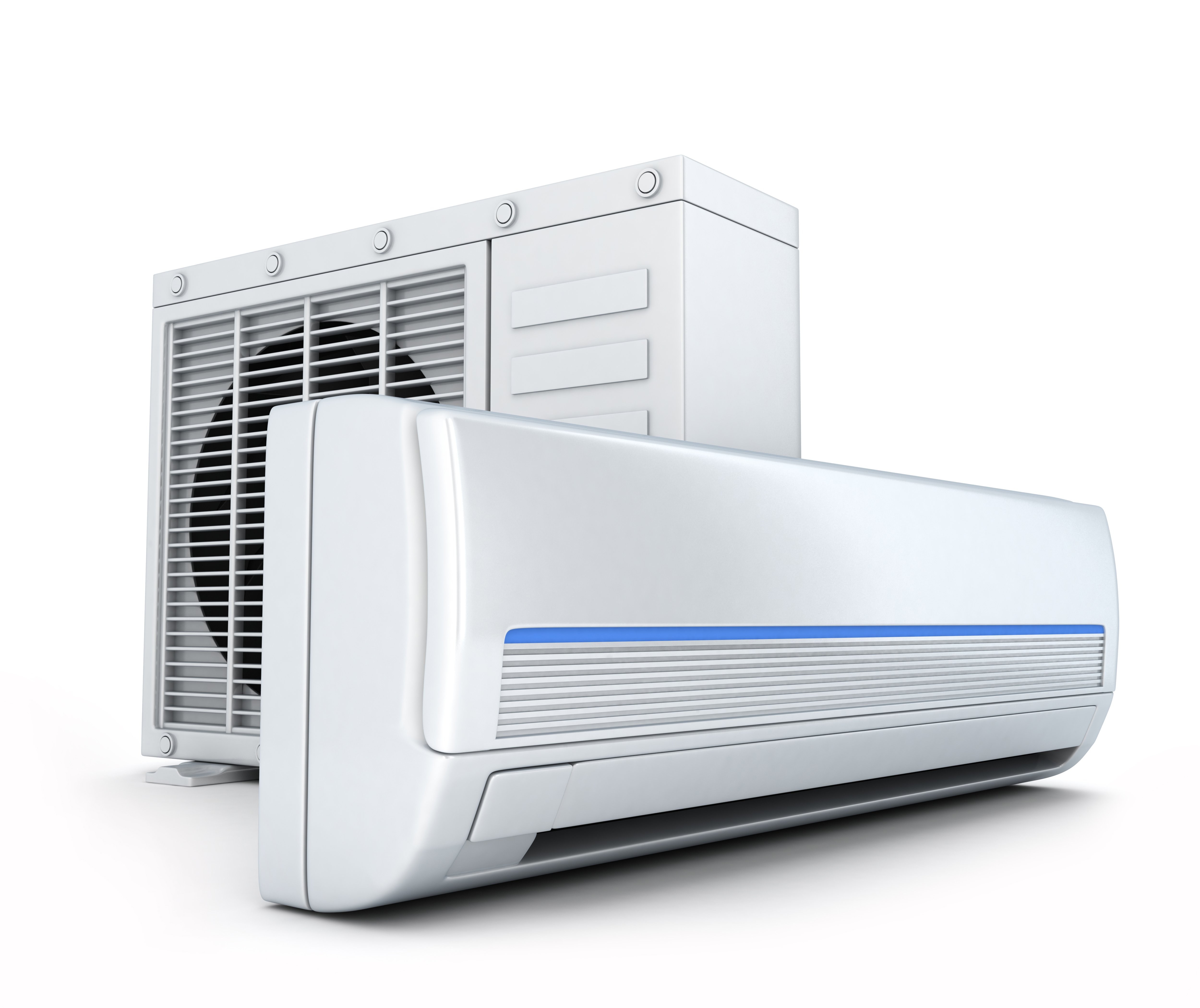The question of how long refrigerant should last takes many forms. Some may ask how often an air conditioner should be recharged. Others will ask whether recharging refrigerant is a part of routine AC maintenance. However, the question is framed, the answer is always the same, ideally, AC refrigerant recharging should never be done.

Therefore, with regards to this question, the answer is pretty straightforward – it should last the life of the AC. Every AC system on the market today utilizes a sealed system where the AC refrigerant line is designed to always contain the refrigerant. The refrigerant is meant to work within the confines of the refrigerant lines and as such, the AC does not need any topping up. Therefore, all of the ACs on the market come the right amount of AC refrigerant to last the lifetime of AC.
Additionally, you should note that the refrigerants are liquids that absorb the indoor heat and dump the heat outside. Throughout the process, they only change their state from liquids to gases due to the heat they absorb. However, upon releasing the absorbed heat, they change back to their initial liquid state. At no point during the liquid to gas and back to liquid cycle should the amounts of refrigerant diminish as the chemical is stable. Therefore, there should be no need to add any refrigerant to your AC system, it should last the lifetime of the system.
Air Conditioner Leaks
Even though ACs refrigerants are designed to last the life of the unit, more often than not, this is not the case. It is quite common for technicians to troubleshoot a defective AC unit and declare that it needs a refrigerant top up. While in some cases this is the correct measure to take, it is not always the correct measure to take.
At the risk of coming off as alarmist, you should note that some technicians only recommend this service out inexperience (and or lack of stellar troubleshooting skills) while others are just out for a quick buck. The latter group of technicians tends to recommend one of the most expensive services as a solution to maximize their income.

With this in mind, it is important that any refrigerant recharge is back by concrete evidence that the system has been losing refrigerant. This evidence should come in the form of identified leaking spots. A leak is the only way that your AC will lose some of its refrigerant and, therefore, require improved a recharge.
Importantly, if you recharge the AC without solving the issues of leaking refrigerant lines, you can be sure that your AC system will suffer from the same leaking problem sometime in the future. This means that you will be constantly spending money in recharging your AC, which is a very cost-inefficient means of conditioning your home.
Causes Of Refrigerant Leaks (Reasons Why The Refrigerant Won’t Last Long)
As you can appreciate then, how long your AC’s refrigerant lasts is dependent on various circumstances. Some of the factors that will either influence whether or not your AC’s refrigerant lines get a leak or not and whether your AC’s refrigerant will last the life of the unit include:
#1. The Quality Of Installation Workmanship –
The initial installation workmanship will somewhat influence the longevity of the entire air conditioner system, including the longevity of refrigerant lines. High-quality AC installation where the refrigerant lines are installed with ample support and protection will reduce the chances of line leaks occurring due to the lines being placed under undue pressure. As such, the metal line will have a better chance of withstanding the rigors of constant usage over the life of the unit.

Conversely, when the installation workmanship is o poor quality, there is a high potential for the coil to function under undue pressure, thereby developing leaks over time. This means the refrigerant will have a significantly shorter life.
#2. Age Of The System –
Over the life of the system, a coil that holds the refrigerant will have to endure thermal expansions and contraction. This expansion and contraction induce stress in the metal and the associated metal weakness, increasing the chances of leaks developing. Therefore, over time, you can expect the AC line to develop leaks due to stress that the coil has had to endure over time.

There is also the consideration of wear and tear. The typical vibrations that ACs have tend to induce wear and tear along the refrigerant lines. Such wear and tear are especially prevalent along the joints and connections, where vibrations may cause slight separations and tears, allowing the refrigerant to leak.
#3. Corrosion Of The AC Refrigerant Line By Contaminants –
The number one contaminant today that affect the refrigerant line is the Formaldehyde. Formaldehyde causes the formation of formic acid, which corrodes the copper coil that holds the refrigerant. The copper that is used to contain the AC’s refrigerant is highly susceptible to formic acid as it eats away the copper forming pinholes. These pinholes tend to joint with other pinholes, thereafter forming a larger hole that exacerbates the leaks. These leaks tend to show after a long time of usage.

Either the above refrigerant leaks will necessitate a recharge. However, it is important to ensure that the leaks are identified and filled with R-22 refrigerant replacement – Bluon Energy. While this is expensive leak identification and a UV dye, bubbling agent, or electronic detector and the follow-up coil repair services are worth it for the wellbeing of your AC in the long. Unless the leaks that necessitated the recharge in the first paced are repaired, you can rest assured that they will still cause additional leaks, necessitating more recharge in the near future.
Additionally, you should never an AC leak. The leak has the potential for writing off your AC as it does not work efficiently and as it was designed to. Furthermore, refrigerant leaks also cause your AC to consume more energy, making the process of conditioning your home a very expensive endeavor. The leaking refrigerant also causes environmental damage and poses a health risk to you and your family.